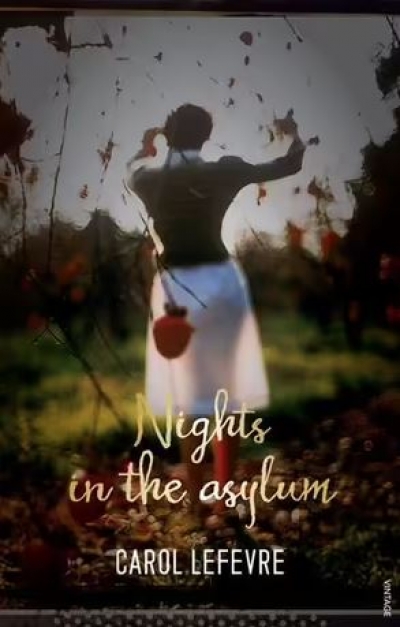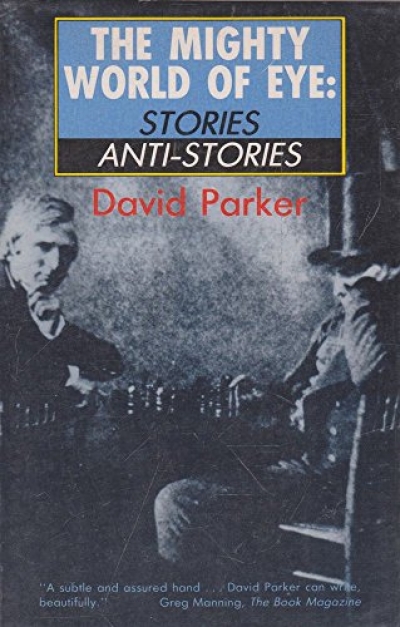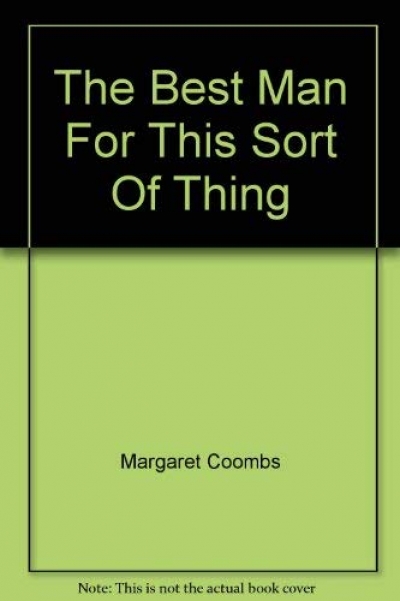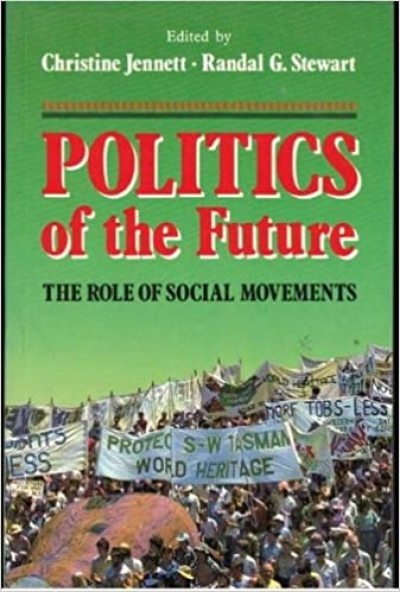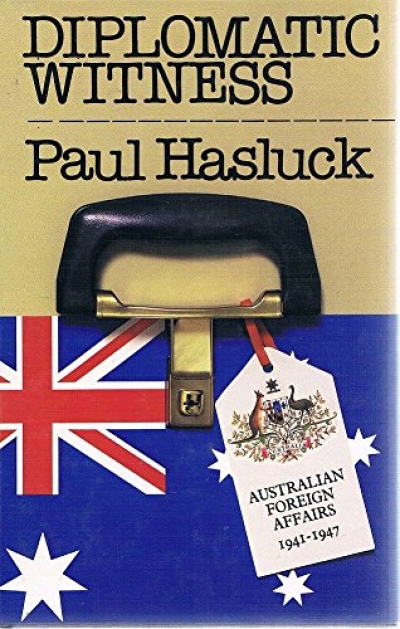Archive
The Mighty World of Eye: Stories/Anti-Stories by David Parker
by Wenche Ommundsen •
The Politics of the Future: The role of social movements by Christine Jennett and Randal G. Stewart
by James Jupp •
While I make no question of Mr Davies’ sincerity in taking action, I am firmly of the opinion that nothing in either play could damage him (even if, as I strongly question, it could be taken to refer to him) in the eyes of any reasonable person. At the same time, the law concerning literary defamation is so unsatisfactory in its application to creative fiction (as opposed to purported factual reporting) that there was strong sympathetic support for the idea of a test case. ... (read more)
Writing a biography of any practising politician is a difficult task: you are more or less beholden to your subject, and the book can end up an exercise in diplomacy instead of perception. Writing a book about Bill Hayden, who has been called an enigma, a Hamlet, and a Cassandra, is double difficult. Writing about Hayden without Hayden’s help (he ‘was able to squeeze in only limited interviews’) is almost impossible.
... (read more)
